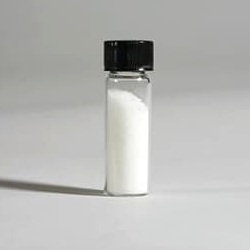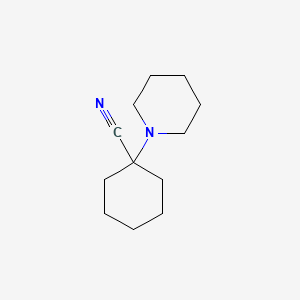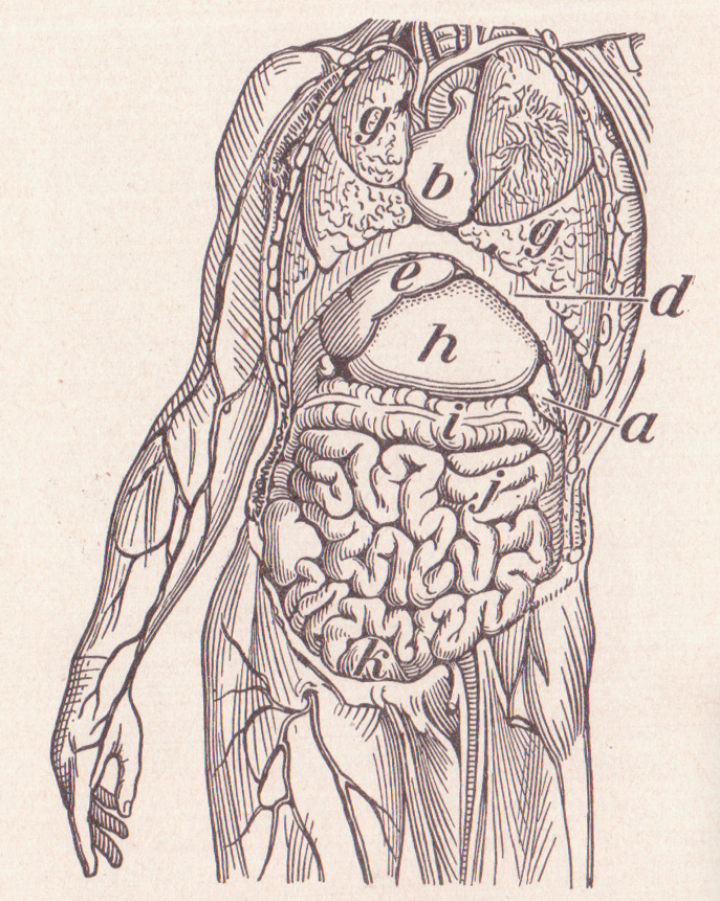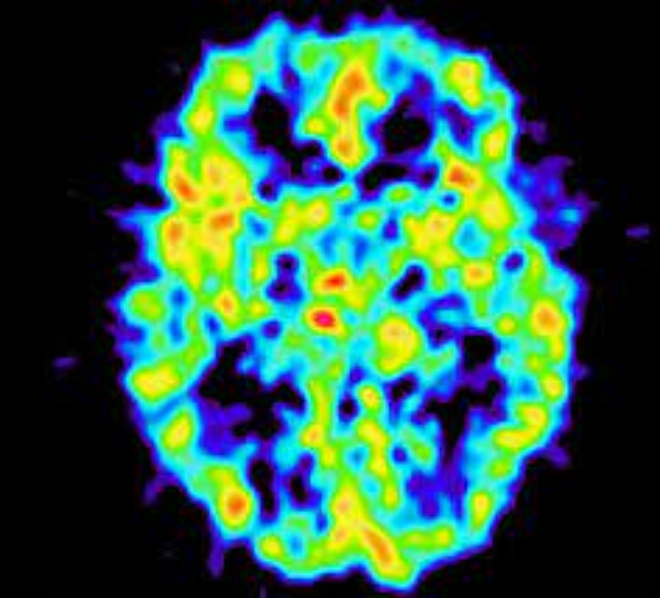|
Name: 1-Piperidinocyclohexanecarbonitrile
Type: Not specified; likely a chemical intermediate
AKA: PCC, PCP precursor

|
|
II. Natural Derivative
Synthetic substance, no natural derivative
 |
|
III. Chemical Profile (IUPAC name)

|
|
IV. History
1-Piperidinocyclohexanecarbonitrile, a chemical compound related to psychoactive substances, was developed for research purposes. It is used to study its effects on the central nervous system.

|
|
V. Legal Information
1-Piperidinocyclohexanecarbonitrile (PCC) is a chemical precursor often associated with the synthesis of illicit drugs. Its legal status varies, with many countries, including the US, imposing strict regulations to prevent its misuse. The UNODC monitors precursor chemicals to combat the production of synthetic drugs. Trends indicate tighter controls and international cooperation to prevent illegal drug manufacturing.
US Federal Schedule - II
Schedule II drugs, substances, or chemicals are defined as drugs with a high potential for abuse, with use potentially leading to severe psychological or physical dependence. These drugs are also considered dangerous. Some examples of Schedule II drugs are: combination products with less than 15 milligrams of hydrocodone per dosage unit (Vicodin), cocaine, methamphetamine, methadone, hydromorphone (Dilaudid), meperidine (Demerol), oxycodone (OxyContin), fentanyl, Dexedrine, Adderall, and Ritalin.
Key US Federal Policies:
Controlled Substances Act. Public Law: Public Law 91-513 (text can be found on GovInfo) (https://www.dea.gov/drug-information/csa). Date enacted: October 27, 1970.
|
|
VI. Physical Effects
1-Piperidinocyclohexanecarbonitrile is a synthetic compound with limited research. It may have psychoactive effects, potentially acting as a stimulant or depressant. Short-term and long-term effects are not well-documented, and overdose risks are unclear. Safe use guidelines are not well-defined. Recent research on this compound is limited, and its effects remain under investigation.  |
|
VII. Psychological Effects
1-Piperidinocyclohexanecarbonitrile, a stimulant, affects dopamine and norepinephrine systems, leading to increased alertness and mood enhancement. Immediate effects include improved mood and energy, lasting several hours. Long-term use may result in cognitive impairments and mood disturbances. Research highlights its stimulating effects and associated risks of psychological dependence and cognitive effects.
 |
|
VIII. Culture
1-Piperidinocyclohexanecarbonitrile is a chemical with stimulant and psychoactive properties. Its cultural significance is linked to its use in recreational settings and its potential for abuse. Media coverage often focuses on the risks and effects of synthetic stimulants. 1-Piperidinocyclohexanecarbonitrile is used recreationally rather than medicinally and contributes to discussions about drug regulation and harm reduction.
 |
